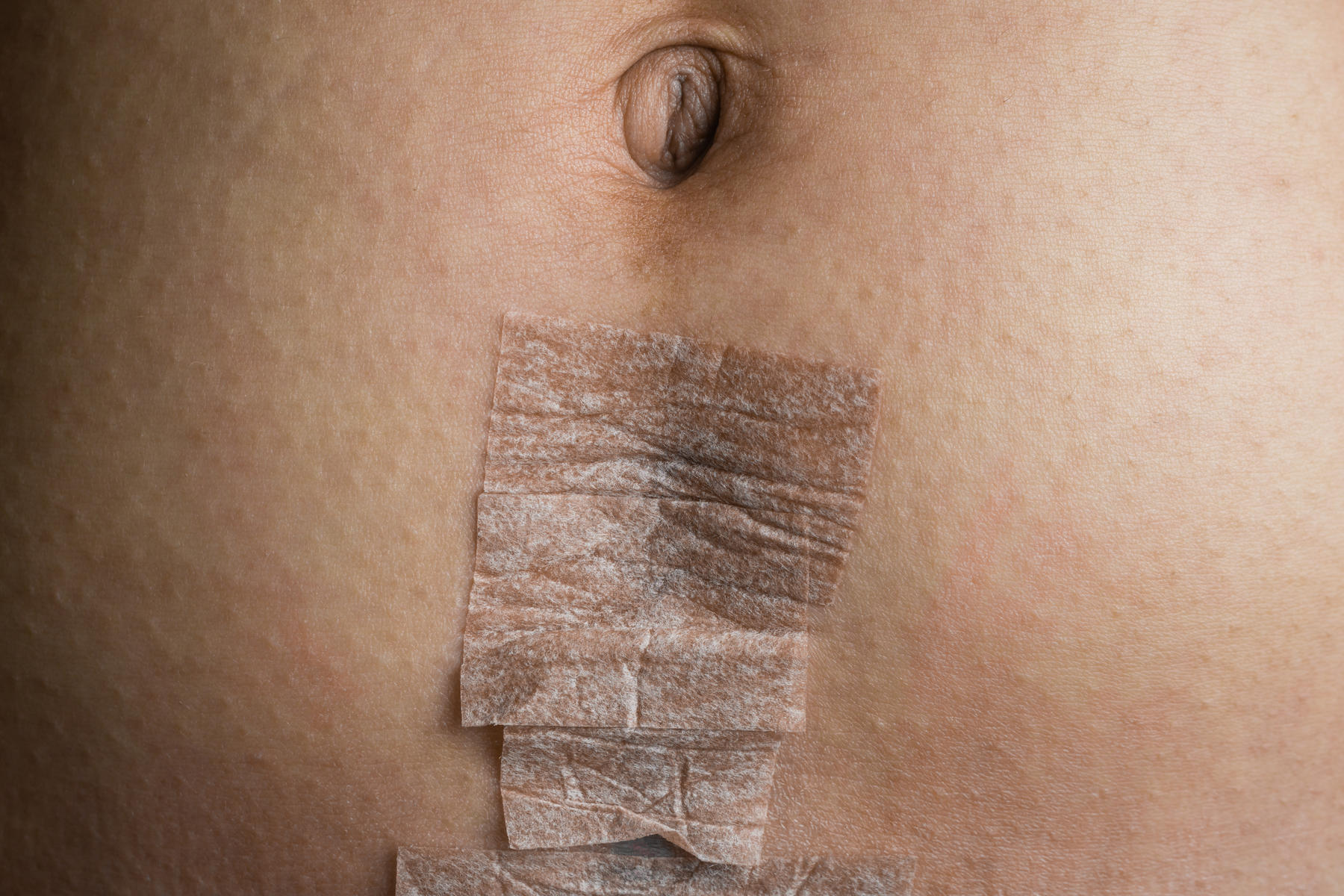
Having a C-section is not a decision that doctors or laboring women take lightly. Thankfully, in the United States, the surgeries are performed by qualified professionals that can navigate any associated risks.
So how many C-sections can you have? The answer isn't clear-cut, but we spoke with experts to break down the deciding factors.
Important Factors for a C-Section
Doctors will think about your history of VBAC and C-section, complications for Mother and Baby, and your recovery process when seeing if you can have another C-section.
Your History VBAC or C-Section
After a C-section, some women will try having their next child vaginally. This is called vaginal birth after cesarean (VBAC). If you have a low-risk pregnancy, the procedure has a success rate of 60 to 80 percent, according to the American College of Obstetricians and Gynecologists (ACOG). However, most medical societies don't recommend VBAC for moms who've had two or more C-sections. That's because the risk of uterine rupture—a tearing in a past C-section scar or uterine muscles that can be life-threatening to Mother or Baby—rises with each surgery.
C-Section Risks and Complications
Experts agree that certain risks increase with repeat cesareans. These include:
C-Section Recovery Period
C-section recovery looks different for everyone. You might always recover at the same rate, or you might experience more difficult post-operational periods each time. Alternately, you could bounce back faster after each subsequent C-section, according to David Ghausi, D.O., department chair of obstetrics and gynecology at Los Robles Hospital in Thousand Oaks, California.
How Many C-Sections Can You Have?
There's also no set rule when it comes to the number of C-sections you can have. "I have performed a woman's sixth C-section with virtually no complications or difficulties, and I have performed second cesarean sections with many adhesions and potential complications," says Jason S. James, M.D., chairman of the Department of Obstetrics and Gynecology at Baptist Hospital of Miami.
Every woman is different, so doctors need to analyze each woman's health, history, and concerns before deciding on the right path.
To help prevent any complications, Dr, Ghausi recommends waiting at least 6 months after C-section before getting pregnant again; other doctors suggest waiting 18 to 24 months. But note that Dr. Ghausi has had patients get pregnant 1, 2, and 3 months after a C-section and be just fine. "There's no magical number," he says. By following your doctor's advice, the chances of a healthy pregnancy will rise dramatically.





